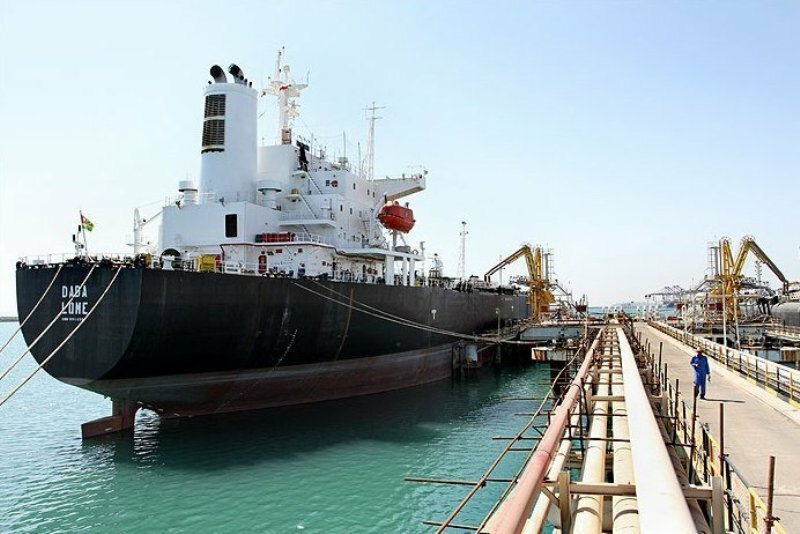Foreign Policy: Trump’s ‘hollow triumph’ on Iran will come at exceedingly high cost

In a commentary on its website on April 26, the Foreign Policy said Donald Trump’s new Iran sanctions will hurt the United States in the long term.
The commentary, written by Elizabeth Rosenberg, said the maximum pressure on Tehran will not work.
Following is part of the article:
On April 22, U.S. Secretary of State Mike Pompeo moved to end sanctions waivers on Iranian oil—a major step to increase financial pressure on Tehran. The new policy, once it goes into force on May 2, aims to force China, India, Japan, South Korea, and Turkey to stop buying crude from Iran, depriving the country of its primary source of cash.
In the near term, the pressure tactic will mostly work, successfully siphoning off a significant share of Iran’s oil exports. The big buyers in the handful of countries still doing oil business with Iran will plead for leniency, or kick and scream, and then grudgingly wind down. They are unlikely to get to zero, for lack of affordable and available alternatives, possible permission from the United States to slow-walk their retreat, and good old-fashioned recalcitrance. But they will likely steer away from committing reputational and financial suicide by flagrantly breaching U.S. sanctions.
President Donald Trump will surely shout victory. He is right that the United States can, for now, weaponize the global financial system. Washington can use sanctions to bring businesses around the world to their knees, making them the unwilling executors of U.S. national security policy.
Tehran is seething and threatening retaliation. It is probably closer to leaving the 2015 nuclear deal than it has ever been. European countries and other supporters of the agreement are irate. Their limited willingness to cooperate with the United States on security issues is shrinking.
These are all desired outcomes for the Trump administration, regardless of the collateral damage to the working poor around the globe, who will bear the brunt of spiking energy prices.
Ultimately, by tightening the economic vice, the Trump administration aims to isolate Iran and create enough pressure to instigate regime change.
The White House wants to changes Iran’s policy.
However, there is little to indicate that the Trump administration’s brand of maximum economic pressure will deliver this result.
What the White House strategy is set to deliver is a meaningful, if temporary, dip in Iran’s oil exports. This hollow triumph will come at an exceedingly high cost.
To begin with, Iranian oil exports should only take a serious slide when most of the big players exit Iranian oil deals next month. But exports will inevitably creep back up and continue to flow. Smaller-scale traders will ferry cargoes to smaller-scale refineries. Smaller-scale banks or trading companies, with extremely limited exposure to the United States and U.S. sanctions enforcement, will process the oil transactions. Regulators in countries angered by the U.S. policy may look the other way as this barter and smuggling activity occurs. Chinese, Indian, and Turkish entities are the most likely candidates for this new kind of commerce.
The United States cannot possibly hit every Iran sanctions violator, no matter how much it wants the pressure policy to work. Washington cannot rely on the same international intelligence sharing and enforcement assistance as it made use of during the 2012-2015 period of intensive Iran sanctions. As some Iranian oil continues to make its way to market, observers may conclude that U.S. sanctions are not so tough after all, which could supercharge the incentive to push the envelope or breach them. This will make Trump’s Iran policy less effective.
Many expect that Iran will suffer through the intensive sanctions regime instead of capitulating.
